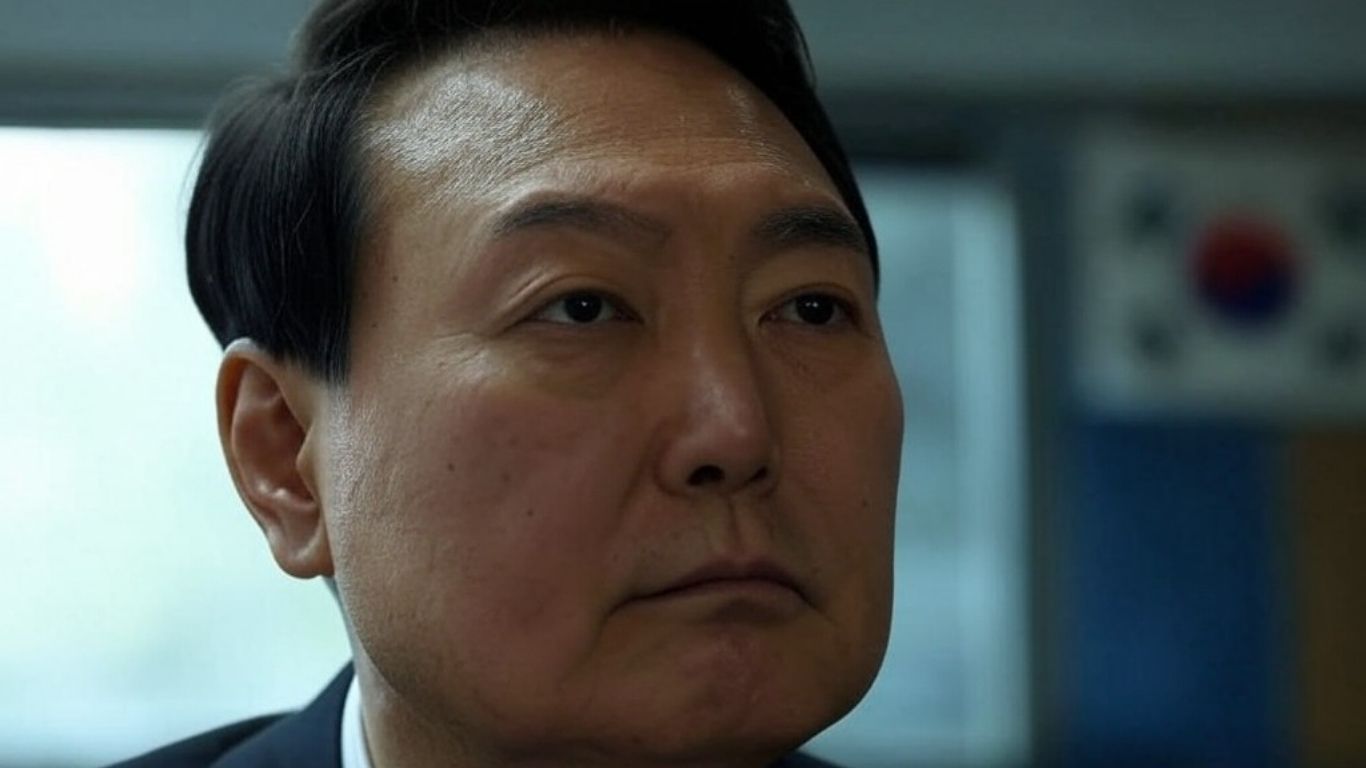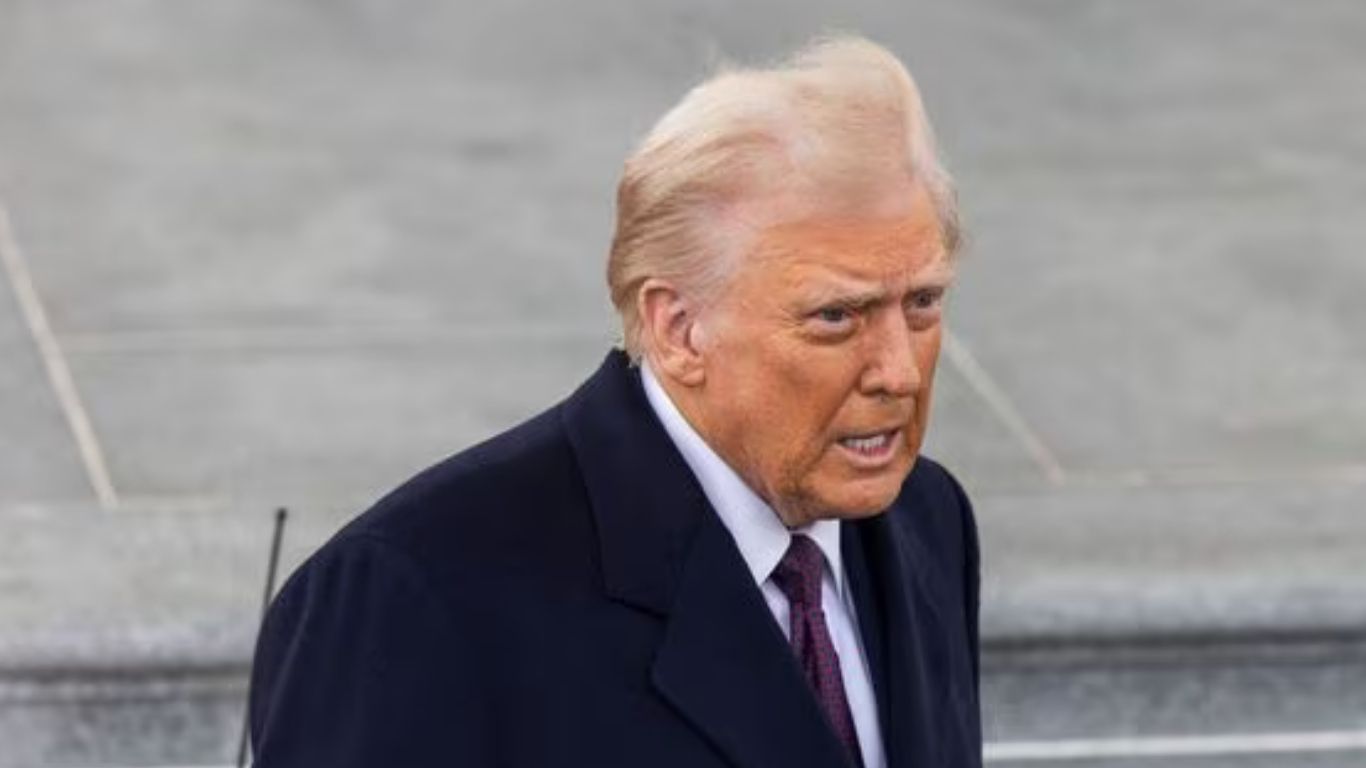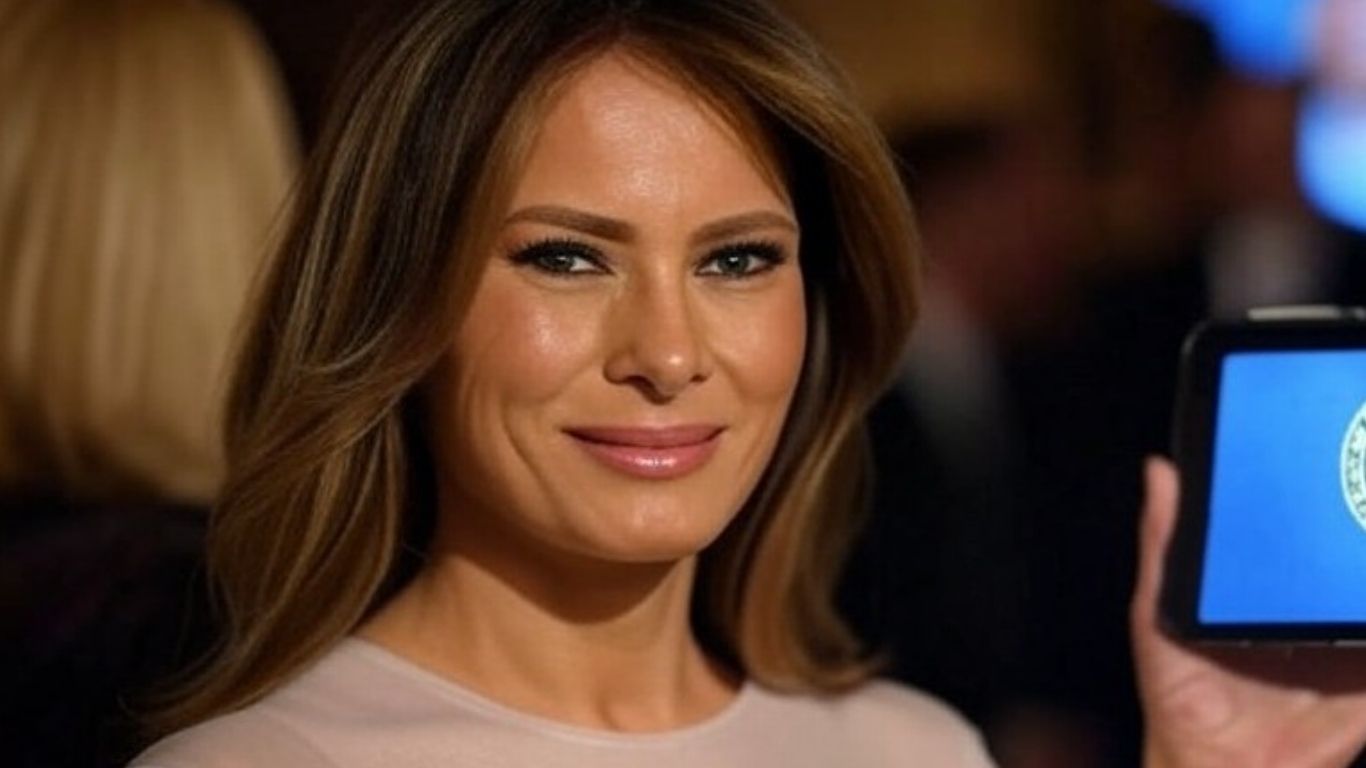The arrest of Yoon Suk Yeol South Korea’s suspended president, marks a critical moment in the country’s political history. The dramatic detention, executed amidst heightened security and political tensions, underscores the gravity of the allegations against Yoon and the complex challenges facing South Korea’s democracy.
Why Yoon Suk Yeol’s Arrest Is Significant
Yoon Suk Yeol is accused of inciting insurrection following his controversial declaration of martial law on December 3, 2024. This rare charge, separate from the impeachment process, carries severe consequences, including potential imprisonment or even the death penalty—though South Korea has upheld a moratorium on executions since the late 1990s.
Yoon’s arrest is unprecedented, making him the first sitting South Korean president to face detention. While several former presidents have been prosecuted and imprisoned after their terms, Yoon’s arrest during his presidency highlights the increasing accountability of public officials under the rule of law.
The arrest also reflects a turning point in South Korea’s democratic integrity. By taking decisive action against a sitting president, the judiciary and law enforcement have reaffirmed their commitment to upholding the constitution amidst a politically charged environment.
The Charges Against Yoon Suk Yeol
The charges stem from Yoon’s short-lived declaration of martial law, during which he deployed armed troops to block lawmakers from entering the National Assembly. The move was widely condemned as an unconstitutional grab for power. The martial law decree was overturned within hours following intervention by opposition lawmakers, who managed to convene and vote against it despite the military’s presence.
If convicted, Yoon could face substantial penalties, including imprisonment, a heavy fine, or a political ban, which would effectively end his career.
Delays in Arresting Yoon
Efforts to arrest Yoon faced significant delays due to his presidential security detail, which continued to protect him despite his suspension. A previous attempt to execute an arrest warrant in early January was thwarted when security personnel blocked investigators, leading to a tense standoff.
Learning from the earlier failure, authorities returned to Yoon’s residence on January 15, 2025, with a robust force of 3,000 police officers and additional resources, including ladders to scale his property. The operation was carried out peacefully, with Yoon opting to cooperate to avoid potential bloodshed.
Is the Arrest Linked to His Impeachment?
While both the criminal investigation and impeachment proceedings stem from Yoon’s actions on December 3, they are legally separate processes:
- Criminal Case: Focused on Yoon’s insurrection charges, this process will determine his culpability in violating South Korea’s constitutional and legal framework.
- Impeachment: The Constitutional Court is deliberating on whether to uphold Parliament’s vote to impeach Yoon, a decision that could permanently remove him from office.
The court has 180 days from December 14, 2024, to rule on the impeachment case. Yoon’s absence from the first hearing, citing security concerns, has further delayed the proceedings.
What Happens Next?
The outcome of Yoon’s legal and political cases remains uncertain:
- Criminal Investigation: Authorities can detain Yoon for questioning for up to 48 hours on the current warrant. They must then decide whether to release him or seek an additional warrant to extend his detention for up to 20 days.
- Constitutional Court Decision: The court must determine whether Yoon’s actions warrant his permanent removal from office. If reinstated, Yoon could still face criminal prosecution while resuming his presidency.
- Public Opinion: Yoon’s arrest has further polarized South Korea’s public, with pro-Yoon supporters staging protests and critics demanding accountability.
Implications for South Korean Democracy
Yoon Suk Yeol’s arrest has profound implications for South Korea’s political landscape and its democratic values:
- Strengthening Rule of Law: The willingness to arrest a sitting president reflects a robust commitment to justice and equality before the law.
- Challenges to Stability: The ongoing political and legal crises have fueled uncertainty, raising concerns about South Korea’s governance and global reputation.
- Precedent for Accountability: The case sets a precedent for holding leaders accountable, reinforcing the checks and balances within the country’s democratic system.















